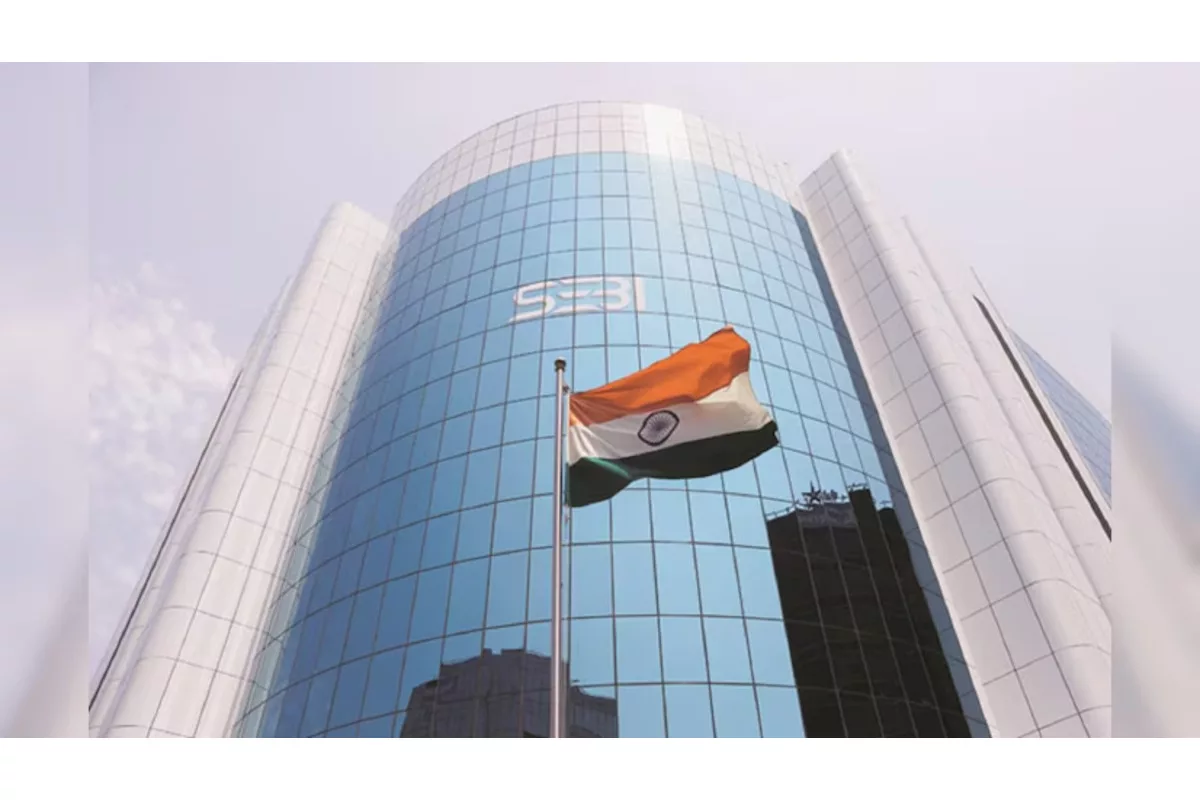NSE changes lot size for Nifty Bank and Nifty Mid Select derivatives contracts
The National Stock Exchange (NSE) has made changes to the lot size of derivatives contracts for Nifty Bank and Nifty Mid Select.
Securities and Exchange Board of India (SEBI), India’s securities market regulator, recently amended its Intermediaries Regulations, provisions which came into force on 10 February 2025.
ANURAG MIGLANI | March 28, 2025 10:38 am

Securities and Exchange Board of India (SEBI), India’s securities market regulator, recently amended its Intermediaries Regulations, provisions which came into force on 10 February 2025. The amendment defines “artificial intelligence and machine learning tools and techniques”. The regulation essentially holds any entity (governed by SEBI) utilising artificial intelligence (AI) and machine learning (ML) tools and techniques accountable for the outcomes generated by these technologies.
Since 2019, there have been reporting requirements regarding AI/ML systems. However, with this amendment, SEBI has effectively shifted the entire responsibility onto the users of such systems, Market Infrastructure Institutions and intermediates like exchanges (National Stock Exchange (NSE), Bombay Stock Exchange (BSE), Multi Commodity Exchange (MCX) etc.), Stock brokers, Depository Participants (NSDL, CDSL etc.), Mutual Funds, Alternative Investment Funds etc.
Advertisement
But is this enough? The simple answer is NO, it isn’t.
Advertisement
Not to put it mildly, Indians like to gamble. The annual equity futures and options (F&O) turnover of NSE in India for the financial year 2024-25 (till 21st March 2025) is Rs 6,01,30,590.99 crores, i.e., Rs 601,305,909,900,000.00. And it’s just equity contracts at NSE. It does not include the F&O trading activity in other asset classes like commodity, currency, interest rates and activity on other Indian exchanges like BSE, MCX and others. Based on the volume of equity contracts traded, NSE is the world’s largest derivatives exchange. Chicago Mercantile Exchange comes a distant second.
Not to forget the unreported and untraceable trading done at dabba operators (informal, illegal and unregulated “exchanges”). Dabba operators are scattered all over the country and are often a group of individuals who allow traders to place deals in securities without the trades actually being executed on any SEBI-recognised stock exchange. All trades are settled internally in their own or extended dabba networks. Estimates by some suggest that dabba trading volumes are about one-third of the trading activity conducted on recognised exchanges, but my estimates put it closer to half than one-third. The recent bull market, high taxes and transaction costs, along with advancements in technology and the use of communication tools like WhatsApp and Telegram, have made their work easier than ever before.
A recent study conducted by SEBI revealed that 91.1 per cent of individual traders in the equity F&O segment incurred losses during the financial year 2023-24. Over the period from FY22 to FY24, a total of 1.13 crores individual traders collectively suffered losses amounting to Rs 1.8 lakh crores, underscoring the significant risks associated with F&O trading for retail investors. The actual losses are likely substantially higher when considering F&O activities in other asset classes, such as commodities and currencies, as well as losses incurred by individuals engaging in trading through dabba operators.
The magnitude of the figures mentioned above is not only staggering but also alarming. A flash crash similar to the one witnessed in 2010, if it were to occur in the Indian markets, could trigger a cascade of widespread and profound repercussions. It has the potential to erode anywhere between 50-100 basis points from India’s GDP growth. Such an event could undermine investor confidence and create lasting skepticism in the financial system. This vulnerability stems from the heightened interdependence and integration between the Indian securities market and the broader economy, a transformation that has evolved substantially over the last decade and a half. The intricate linkages that have developed over this period mean that a shock in the financial markets could reverberate across the entire economic landscape, leaving a prolonged impact on growth, stability and the perception of market reliability.
This underscores the indispensable role of SEBI as one of India’s most vital regulatory institutions. Its current lack of proactive measures in overseeing the use of AI within the securities market and by MII/intermediaries is concerning. Simply putting in place loose reporting requirements and establishing “accountability” is not enough. These measures will fall short of safeguarding the integrity of securities markets and fail to adequately protect the interests of everyday investors. We are all cognizant, based on experience, of the significant challenges associated with holding organisations accountable in India.
SEBI must start by establishing an AI Risk Working Group with experts in regulatory affairs, securities and AI governance, empowered to oversee AI/ML systems; create and maintain AI Use Case Inventories, with time-based review mechanism for non-inventoried cases, mandate reporting of AI use cases by propriety traders and entities using exchange co-location facilities and mandate that MII’s and intermediaries designate a chief artificial intelligence officer responsible for overseeing compliance.
The snowballing integration of artificial intelligence into the Indian securities market in the near future is almost inevitable. This shift is likely to lead to greater fragmentation and amplify market manipulation and systemic risks. If SEBI fails to enhance its regulatory framework and adapt to these evolving challenges, the repercussions will be severe and far-reaching.
The writer is an AI executive
Advertisement
The National Stock Exchange (NSE) has made changes to the lot size of derivatives contracts for Nifty Bank and Nifty Mid Select.
SEBI chairman Tuhin Kanta Pandey said at an investment summit in Mumbai on Saturday that unscrupulous and unethical behaviour of market intermediaries using the assets of their clients will not be tolerated.
The approval came during SEBI’s first board meeting under its new chairperson, Tuhin Kanta Pandey.
Advertisement
